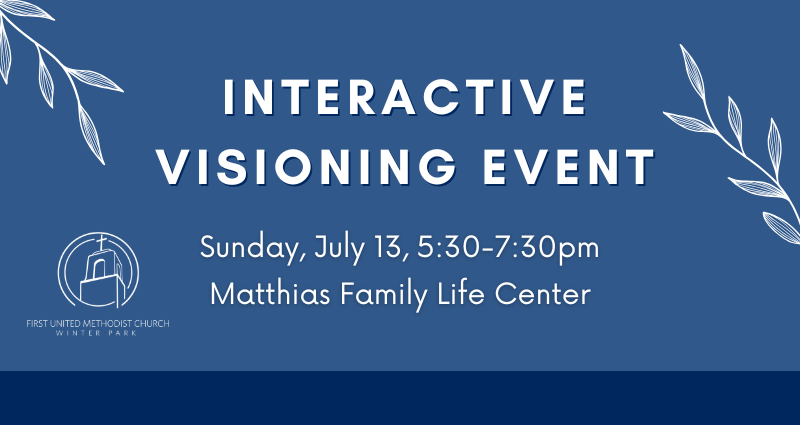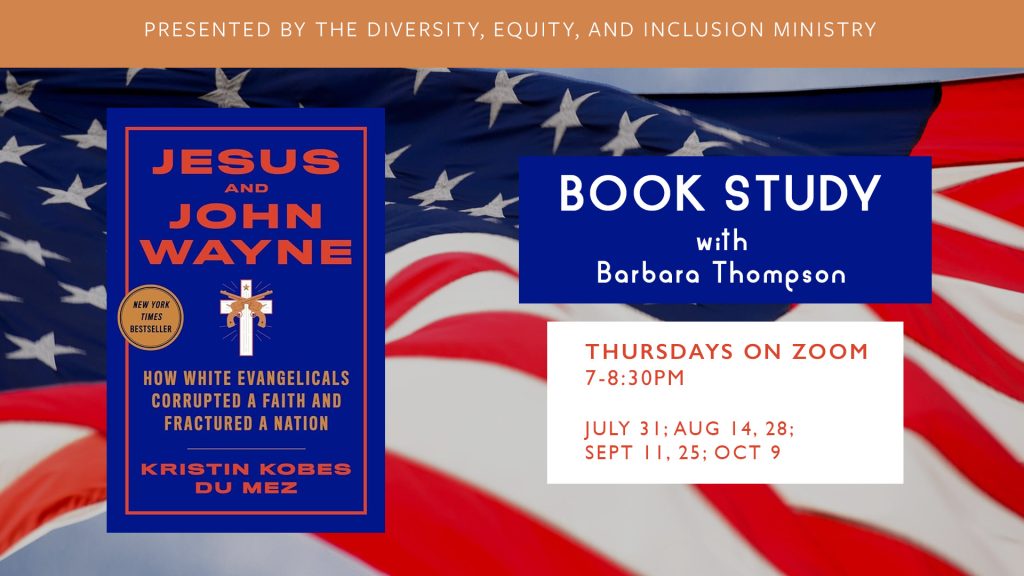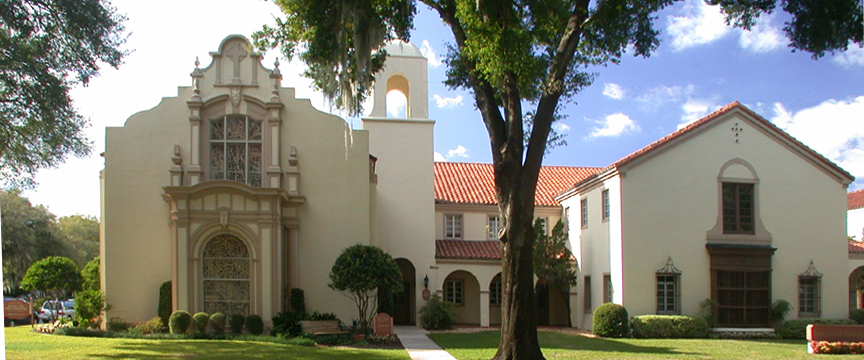Every Advent season, I can rarely get through the lyrics of “O Come All Ye Faithful” without tearing up. The up-beat march and the joyful melody keeps me smiling all the way through. As I heard this song recently on the Pentatonix Christmas Album (which is my favorite version; I highly recommend) I loved how the voices, power and passion built over the three verses. It ends with a choir, dressed in red robes, swaying together to the beat in every size, shape and color and what an image of the Kingdom of God this is. So it is no surprise that as I read the lyrics again in preparation for this devotion that I was struck by the word ALL. The invitational nature of this word reminds me of our Communion Liturgy when the pastor says,
“Christ our Lord invites to his table, ALL who love him,
who earnestly repent of their sin and seek to live in peace with one another.”
Even after 37 years of walking with Jesus, I am still overwhelmed by the grace of God that invites and beckons ALL to share in the joy and the triumph of the manager. All are invited to faithfully follow and to obediently love. I hear this Christmas Carol as an invitation to belong, believe and become.
As I looked into more of the history of this Carol, maybe the word ALL was written in because of the collaboration team. While this Hymn is attributed to John Francis Wade in 1743 and it included the Latin text in its first version, it was worked on by a group of people. I share these notes from the United Methodist Discipleship website:
“This favorite Christmas hymn appears to be the result of a collaboration of several people. What we sing is a 19th-century version of a hymn written in the 18th century.
The Latin text comes from the Roman Catholic tradition, found in an 18th-century manuscript in the College at Douai located in northern France beginning around 1561 and continuing until it was suppressed in 1793. The college was exiled to England at the time of the French Revolution (1789-99).”
Like Scripture itself, this hymn had several versions, languages, and contributors over time. The theology came from both Protestant and Catholic traditions, Latin and French languages were translated too. Originally written by the Englishman, John Francis Wade, the first manuscript was dated in 1743, and the English language translation of stanzas one, two, three and six is the work of Frederick Oakeley (1802-1880). He was a translator of Latin hymns during the Oxford movement who worked closely with Cardinal John Henry Newman (1801-1890), a leader in the movement. Oakeley became a Roman Catholic and was known for his ministry to the poor at Westminster Abbey. Oakeley’s stanzas, penned in 1841, first appeared in F.H. Murray’s Hymnal for Use in the English Church (1852). And then Abbé Etienne Jean François Borderies, who was inspired upon hearing the hymn, translated three additional stanzas, of which four and five are included in the UM Hymnal, to fill out the Christmas story.
What I hear in the history of this hymn is once again the echoing of ALL. Writers from Protestant and Catholic faiths, those who spoke Latin, English, and French, those who lived in the 18th and 19th centuries all faithfully followed Jesus, had a story to tell and a new stanza to add.
And so as we inch closer to the manger, as we make our way to Bethlehem to see the Christ Child, how are you listening to faithful voices along the way? How are you being informed by those that have a different voice, language, or tradition? Our God is the God of ALL because ALL is situated in grace. And so as you sing this carol, as you wrap your gifts, as you attend parties and worship and embrace the moments of craziness, may you open your ears for the voices that you haven’t listened to lately or the faces that are not a part of your normal circle of friends and welcome them also to the manger. To come, faithfully one and ALL.











